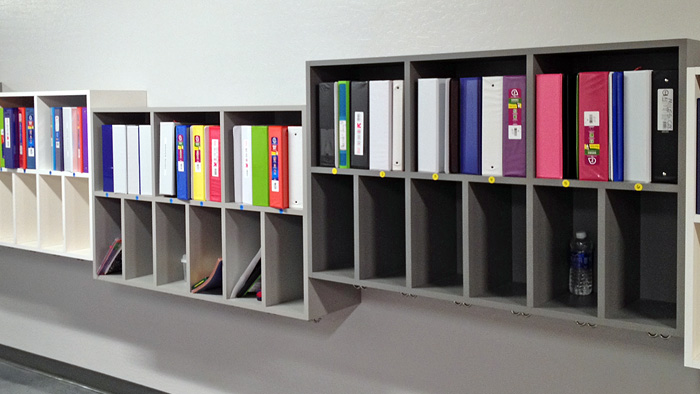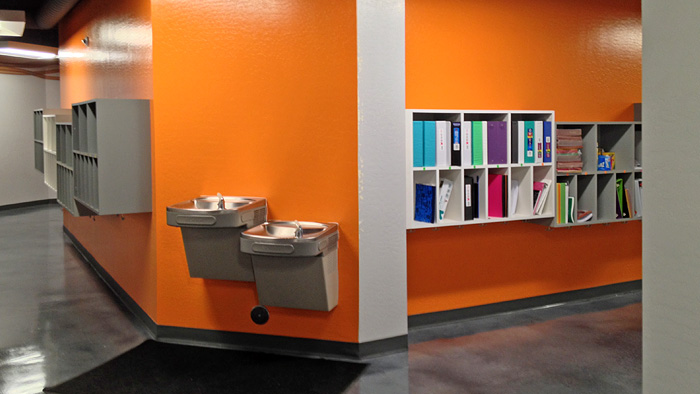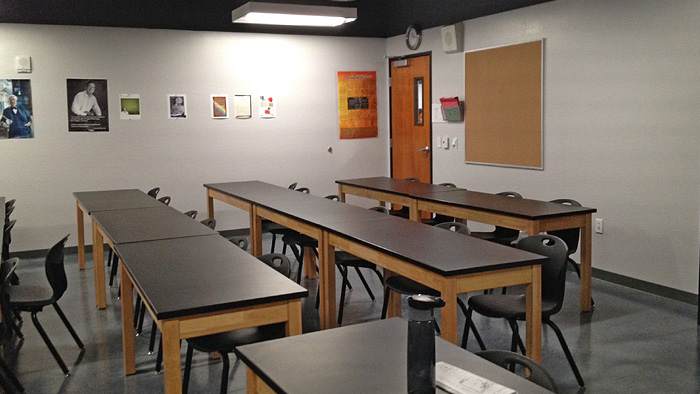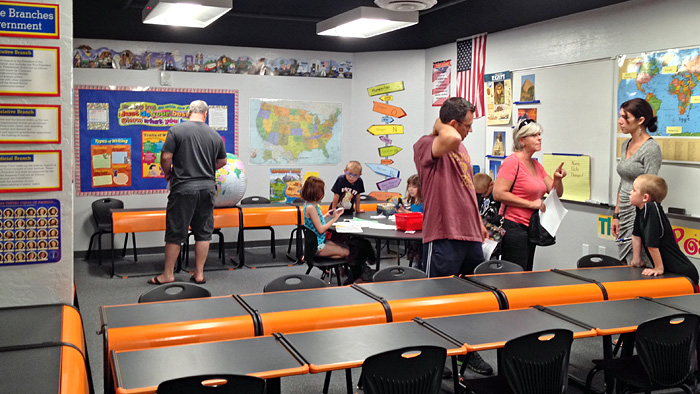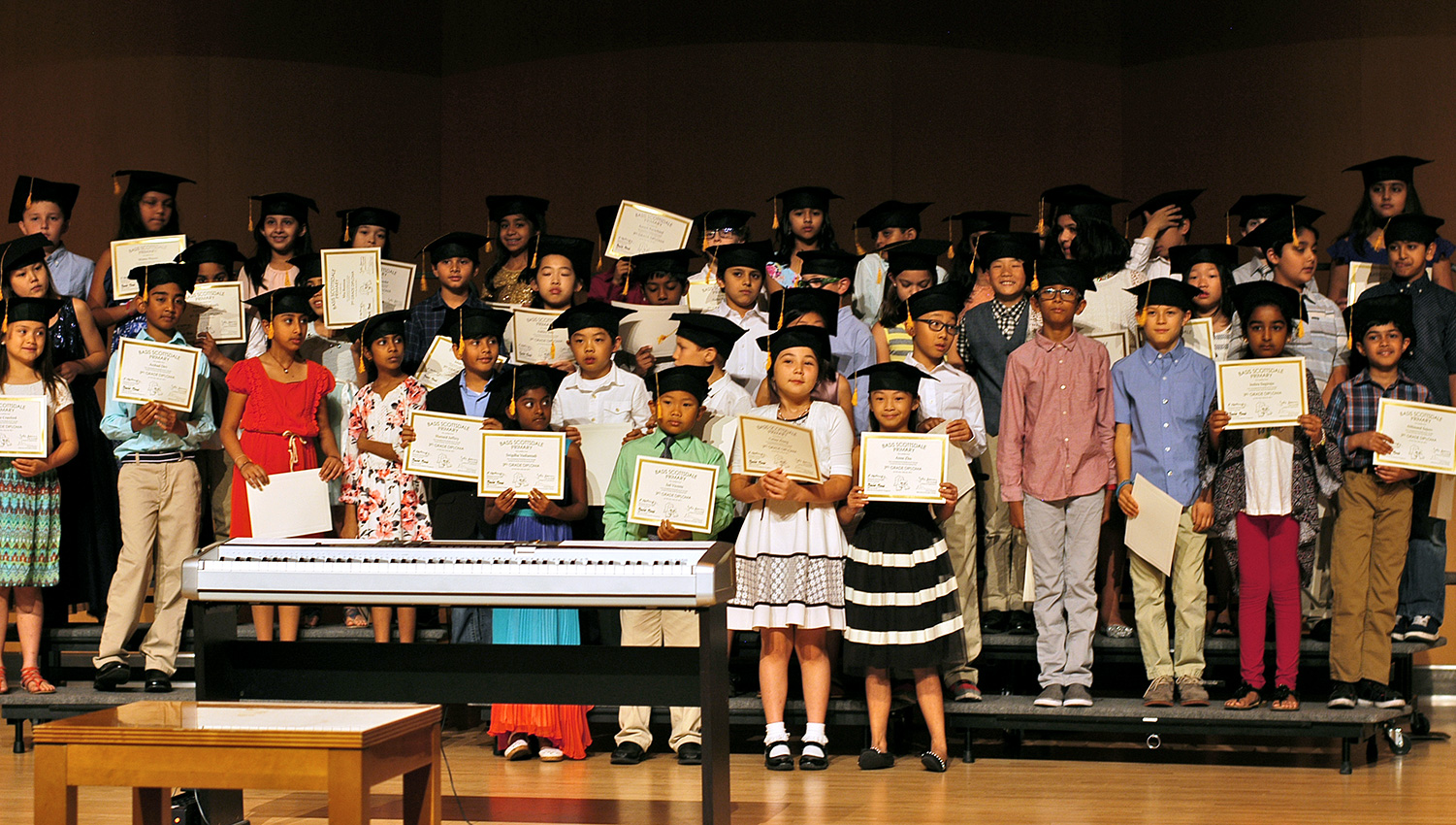
Part fifth, school
On Sunday, dad (my son-in-law) was busy with his son by writing an essay about Russia. The children were given a whole Talmud with questions and told to choose a country. The grandson chose Russia, of course.
The questions were not easy for the first grade: what continent the country is on; what’s the language, political system; who is the leader; what is the population, religion; what does the country produce; what does it import and export, flora and fauna, culture and traditions, in other words, the entire Wikipedia table of contents. We were just shocked by these questions. The child has studied only for three months and still does not even know the half of the meaning of these words . I felt sorry for my grandson and his dad. It was necessary to explain all these words, but the only thing Mark could think of was that he plays on his iPad on the weekends. They completed the “project” at the end (that’s what they call it), but the boy got the iPad taken away for an indefinite period. Dad told him that he would let him play when he forget about the iPad’s existence, so now when I recall the iPad, the youngster says to me: “Grandma, be quiet, don’t say that word!” 😁
Basis
The school my grandson goes to is called Basis. Basis is a charter school (free), with its own program. They are considered in America as one of the strongest technical schools. There are many such schools in Arizona and several other states. Basis students are considered strong, but all these schools usually started with middle school, i.e. from the fifth grade. This is the first school in Phoenix since first grade. I think that they have not yet adjusted the studying program with such young children.
The school is far from their area of residence, so the grandson rides a bus, but not a school one, it’s specially organized by one parent (this is her business). The bus makes several stops, to which parents drive up and pick up the children. It costs $270 per month, but if you take into account the time for the road, gas and misalignment with pick up time and working hours, then you have to put up with payment.
The subjects in the first grade are math, humanities (including reading, writing, science), Mandarin, music, engineering, art, and PE 5 times a week. They study five days a week. Dad is responsible for the humanities and mathematics, and mom is responsible for Mandarin. I only participate in the CMandarin assignment when they are asked to draw characters, or if I need to check the examples that he solved in the class. For the rest, I don’t have enough english knowledge to even read the assignment.
The education program surprises me a little. They use only pencils and detached sheets for all subjects, there are neither notebooks nor textbooks. They get assignment sheets, they complete them right away and then turn it in. They don’t bother about any writing beauty here. They just erase any mistakes with elastic band. There are electric pencil sharpeners at the every school corridor and classroom. Progress results in all subjects are summed up at the end of the week as a percentage. 100 – 90% is an “A” grade. “B” is below 90 to 80%. Below 80 to 70% — “C”. “D” is from 70 to 60%, but 50% and below is “F”, failure. The score varies greatly in percentages, if you get 100% for one assignment, and forgot to pass the second one or misplaced it (which sometimes happens with kids), then you get 50% as a week’s final grade.
There are no class meetings where someone is scolded and someone is praised in the presence of all parents.
You can’t just go to school to meet and talk with the teacher, you have to arrange a meeting by e‑mail. There are no class meetings where someone is scolded and someone is praised in the presence of all the parents. Everything is discussed face to face, in person or by emails.
On November 21, when my grandson brought his “project” about Russia, my daughter came home from work, and the humanities teacher sent an email to all parents thanking them for helping their children to write such a difficult work. But she returned some projects because they felt to be written more by parents then children. We cautiously opened the boy’s briefcase when he returned from school. We were afraid to get the project for revision, but everything worked out 😁. The school got a small vacation started November 25, before Thanksgiving and until December 1.
Homework
There is a lot of homework in Basis. Each kid has a school journal, similar to ours but much bigger, they write down assignments and vocabulary they must learn in a week. Then their homework is evaluated and they get percentages depending on errors they’ve got. Usually on Monday mathematics and humanities teachers distribute a bunch of 20 – 25 sheets letter size with assignments (for each subject) where kids must enter the answers. (A small correction: it looks like there are textbooks, but they are used only at school and these homework assignments are copies from these textbooks).
Returning date is written on a back of the page, usually it’s the next Monday, so every day they have to complete 3 – 5 sheets in mathematics and the same number in humanities. The grade percentage is immediately reduced if it handed over not on time. They can get a summer class if the final grade is bad. If the kid has bad grades in several subjects, he can stay for the second year, ended up by taking tutors or swapping schools. Schools vary in general in terms of education level, some of them has no homework at all.
By the way, the first Basis school was founded by a Eastern European woman and her American husband, their goal was to raise the level of education in the country. Of course, Basis is hard to study in, and there is a big percentage of Indian, Asian and Russian children. Many Americans have already transferred their kids to other schools because they find Basis very difficult. My daughter says that Americans are very fond of praising their children and not overload them much, but only Indians, Asians and us: — “Study, study, study!”. Maybe this is because many Americans already have a financial foundation, and those who “moved in” have to achieve everything by their own.
Mandarin is a mandatory subject for my grandson five times a week, and he’s get homework only on Wednesdays, but I know that not all schools teach Mandarin. It is believed that the Chinese language improves the other hemisphere of the brain, so they began to focus on it.




